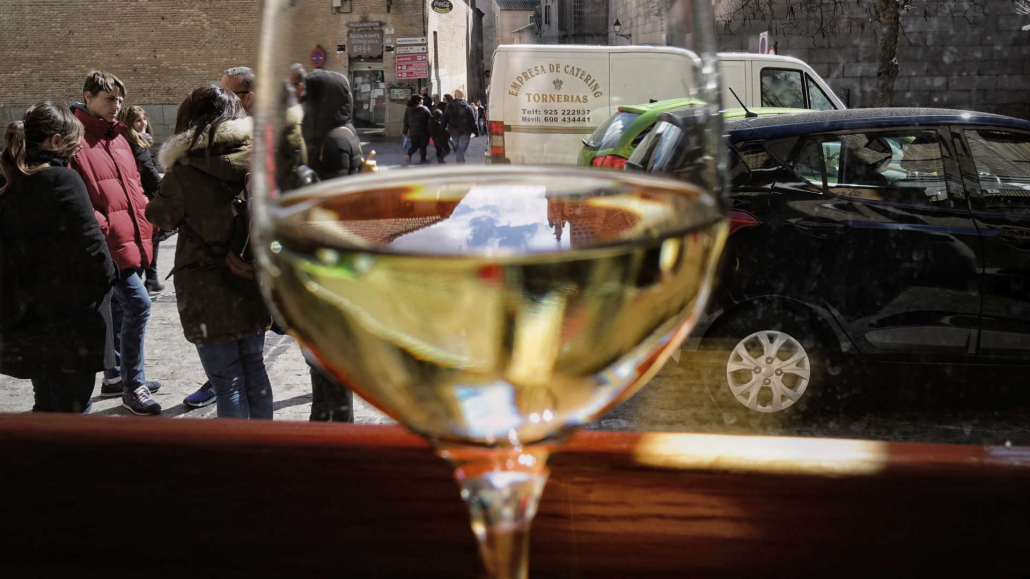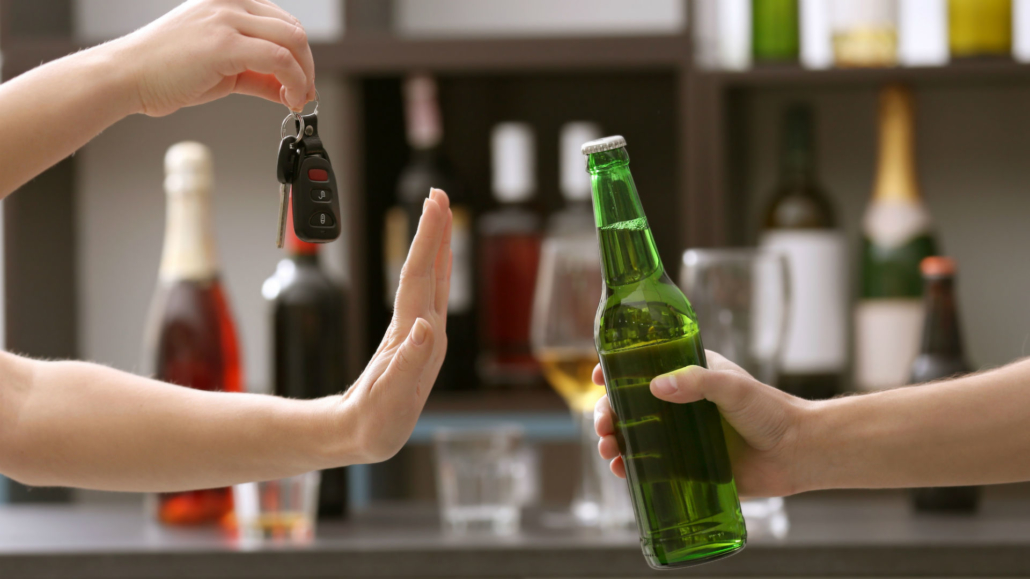
Figures released by a leading road safety charity have revealed the financial cost of being caught drink-driving.
This comes following news that drivers are twice as likely to be breath-tested in December than in any month. Nearly 49,000 motorists were stopped on suspicion of drink-driving in December 2019, more than double the average for the other 11 months of the year across England and Wales.
IAM RoadSmart says the personal financial cost of drink-driving could be as much as £70,000. This is when taking into account fines, legal fees, higher car insurance premiums, alternative transport costs and potential loss of earnings following conviction. This is before you take into account the consequences of a crash caused by being under the influence of alcohol.
The cost is broken down as follows:
- £5,000 fine (although fines are unlimited).
- £11,000 in legal fees. This is based on information from solicitors specialising in not-guilty drink-drive convictions.
- £13,500 in increased insurance premiums. This cost is over five years based on an average annual increase of £2,713.
- £2,000 on taxis and public transport during a 15-month ban.
- £38,000 in loss of earnings. This is based on data from the Office for National Statistics (ONS).
‘None for the Road’

Neil Greig, IAM RoadSmart director of policy and research, said: “In the run up to Christmas this year, many people’s drinking habits will have changed as a result of the coronavirus. So, whether you’re raising a glass for the festive season at home or, where you’re able, in a restaurant or pub, it’s important to remember that an extra drink comes with a huge hidden cost if it pushes you over the limit.
“Our advice is therefore quite simply to always stick with ‘None for the Road’.”
Roads minister, Baroness Vere, added: “Drink-driving kills, so during the festive season don’t be tempted to have a drink before getting behind the wheel – it’s irresponsible and incredibly dangerous. We are working tirelessly, through schemes like our award winning THINK! campaign, to tackle attitudes and behaviours that could lead to people drink driving, and we continue to invest in policing and enforcement on our roads.”
READ MORE:
COVID-19 lockdown could lead to increased drink-driving
98 percent wouldn’t report a family member for drink-driving